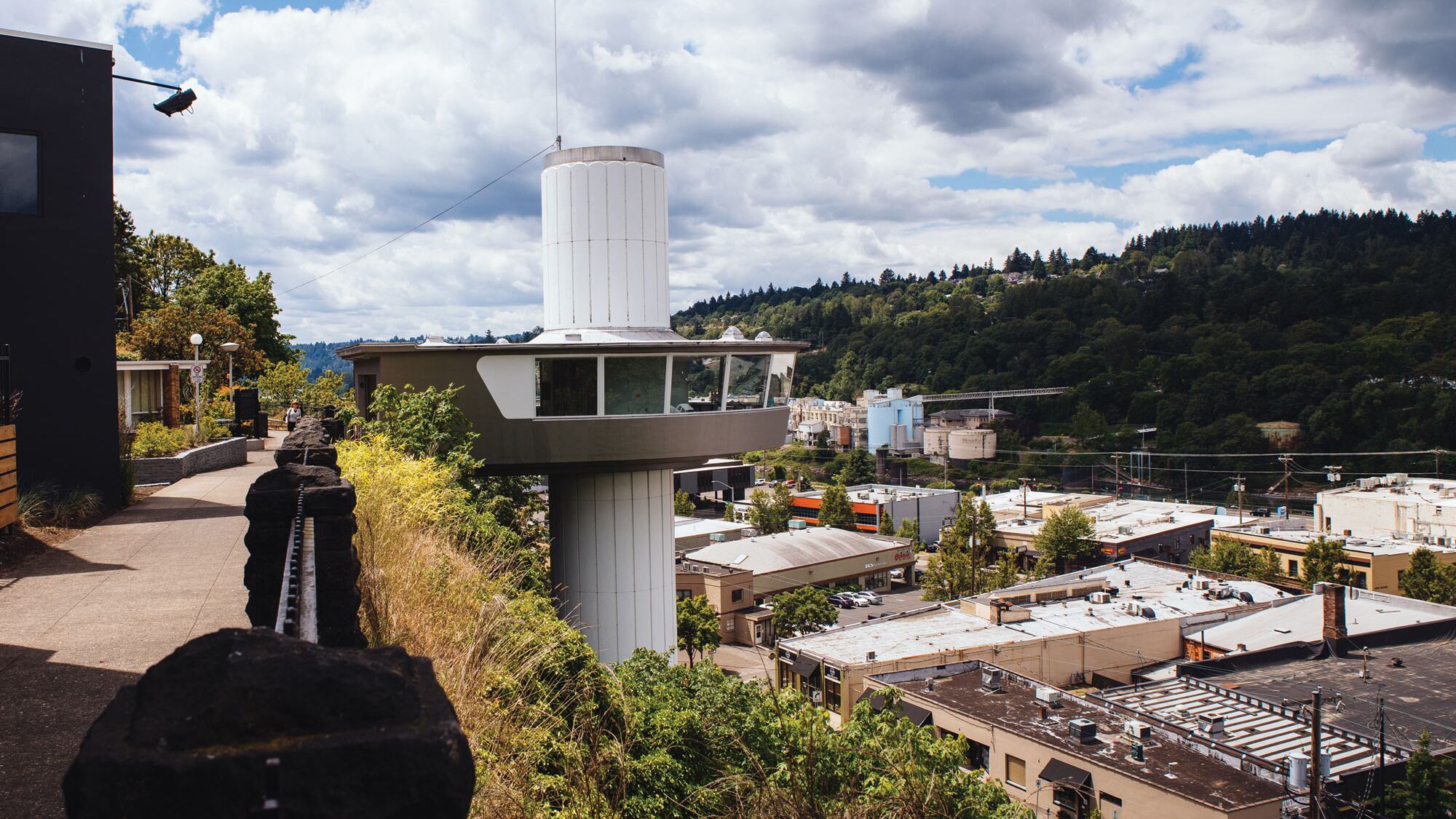On Nov. 18, 13 Oregon cities and Marion County sued the state over new land use rules adopted by the Oregon Department of Land Conservation and Development earlier this year.
The rules apply to what the state calls “Climate Friendly and Equitable Communities” and stem from Executive Oregon 20-04, which Gov. Kate Brown issued March 10, 2020. Brown issued the order after Republican lawmakers walked out of the Legislature to kill Democrats’ climate legislation.
The order is an effort to achieve goals similar to those Democratic lawmakers pursued to address climate change: reducing greenhouse gas emissions at least 75% below 1990 levels by 2050.
Brown ordered a laundry list of state agencies to expedite new policies that would promote a reduction in emissions in a variety of ways, from reducing the use of fossil fuels for transportation and heating to promoting more climate-friendly housing development.
That last area involves land use regulations. That’s where the aggrieved cities and Marion County say the new rules adopted for the department by the Land Conservation and Development Commission, which oversees the agency, go too far and too fast to discourage fossil fuel-powered vehicles.
The plaintiffs allege LCDC exercised authority it did not have when codifying the rules this summer. It also alleges the commission failed to follow due process while crafting the rules.
“Each [county and city] will suffer irreparable harm as the rules force the communities to shift their land use priorities to accommodate the new requirements,” the lawsuit alleges. “In practice, this top-down dictation by LCDC will have unintended consequences that will undercut the very goals that the CFEC Rules aim to achieve, and the work already done by petitioners to reduce emissions, increase climate resiliency, and promote equity in their communities.”
Plaintiffs in the suit include the cities of Cornelius, Forest Grove, Grants Pass, Happy Valley, Hillsboro, Keizer, Medford, Oregon City, Sherwood, Springfield, Troutdale, Tualatin and Wood Village.
Those governments sued DLCD today in the Oregon Court of Appeals. The plaintiffs seek two actions from the court: a review of the rules the agency adopted and a stay on the implementation of those rules during the course of the judicial review.
The rules the agency formulated over the summer are aimed at compelling municipalities to cut emissions and build climate resiliency.
The plaintiffs say they fully support the state’s goals. They argue, however, that the new LCDC rules are so prescriptive that they undercut similar work already being done by the cities that the rules seek to pressure.
Attorneys at Northwest Resource Law representing the plaintiffs provided examples. The new rules eliminate or substantially reduce municipalities’ authority to mandate off-street parking capacity in new developments.
The plaintiffs argue that such changes will have the effect of restricting parking capacity in new developments and will “create safety risks and have inequitable results as parking becomes increasingly hard to find, particularly for lower-income individuals living in multifamily dwellings. Exacerbating parking crises will make it harder for these communities to cultivate safe residential environments.”
The plaintiffs’ attorneys further argue that reducing or eliminating parking in new development as a way to discourage motor vehicle use can be counterproductive because many communities lack efficient public transit and many workers, particularly those earning low incomes, must use fossil fuel-powered vehicles to get to work. One unintended consequence: The new rules will drive development to suburbs around medium-sized and small cities, increasing vehicle miles traveled and, thus, emissions.
“Residents in Cornelius are currently dependent on cars, and that is extremely unlikely to change any time soon. The lone, linear bus line that bisects Cornelius is insufficient for all our residents to commute,” wrote longtime Cornelius Mayor Jeffery Dalin, who presides over one of Oregon’s few “majority minority” cities, in which people of color outnumber white residents. Like other leaders in the lawsuit, Dalin says he and his constituents support reducing emissions, but the proposed guidelines are impractical.
“Cornelius has already attempted the strategy proposed by the rules and introduced more dense housing by limiting available parking,” Dalin wrote in a declaration filed with the lawsuits. “The results have been a disaster.”
The plaintiffs also argue that the aggressive timeline laid out by the commission for complying with new regulations puts a huge financial burden on the cities, stunting other planning projects currently in the works.
The lawsuit names both DLCD and LCDC, which oversees the agency, as defendants.
The Oregon Department of Justice, which represents state agencies in court, is currently reviewing the lawsuits, says agency spokeswoman Kristina Edmunson.
Note: This story has been updated on Nov. 23 to provide additional context about LCDC new rules eliminating or reducing parking mandates.
